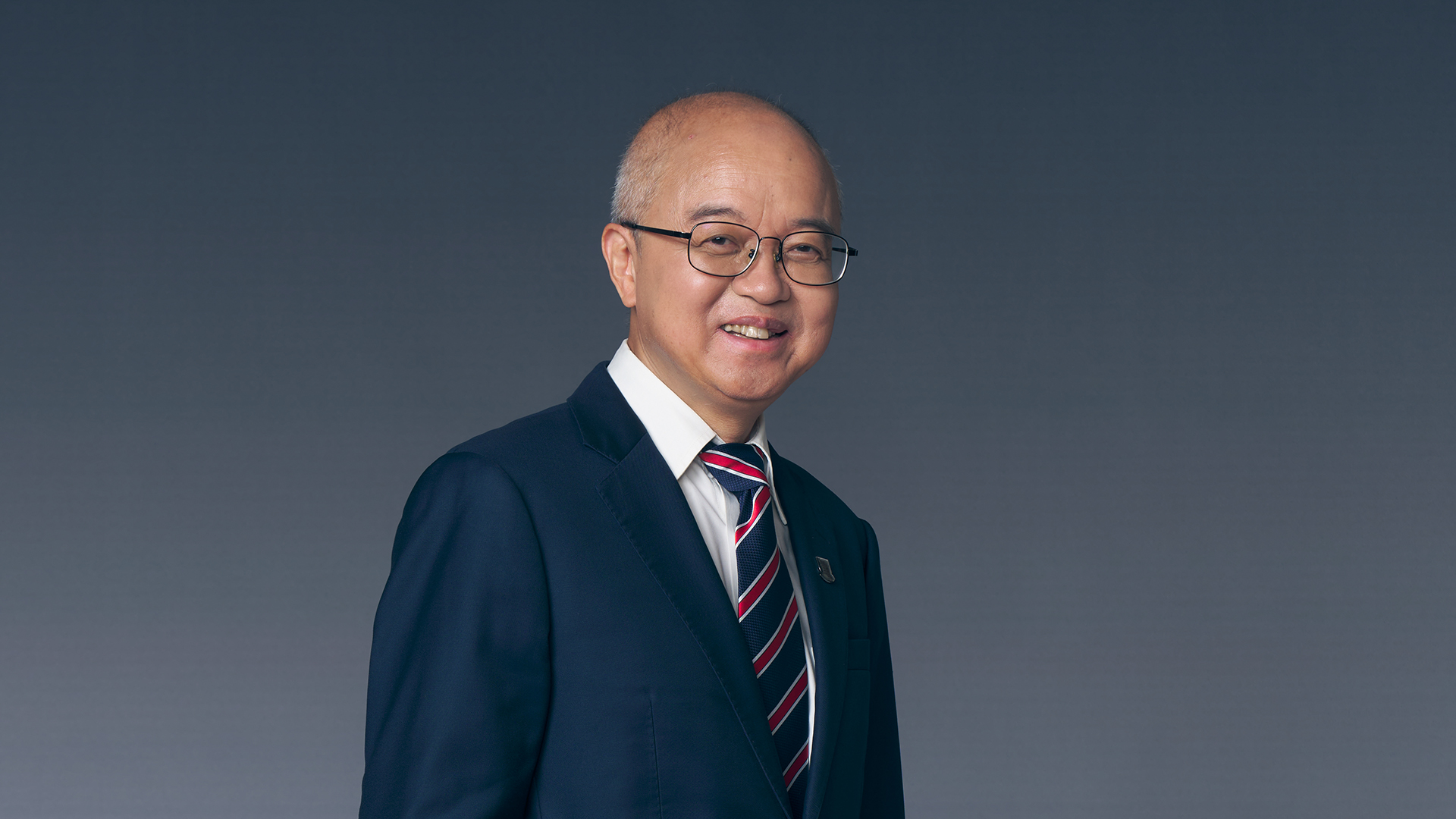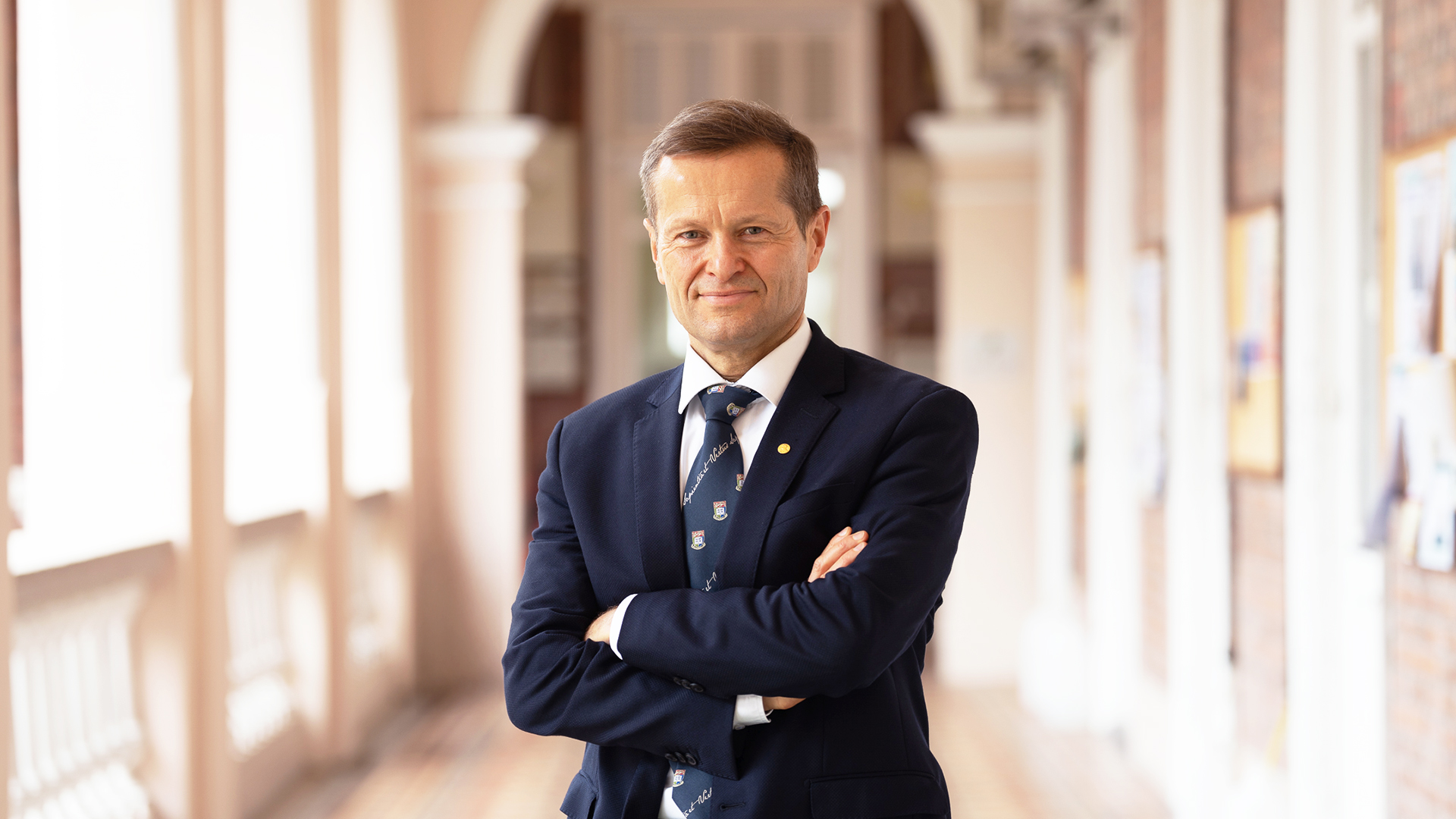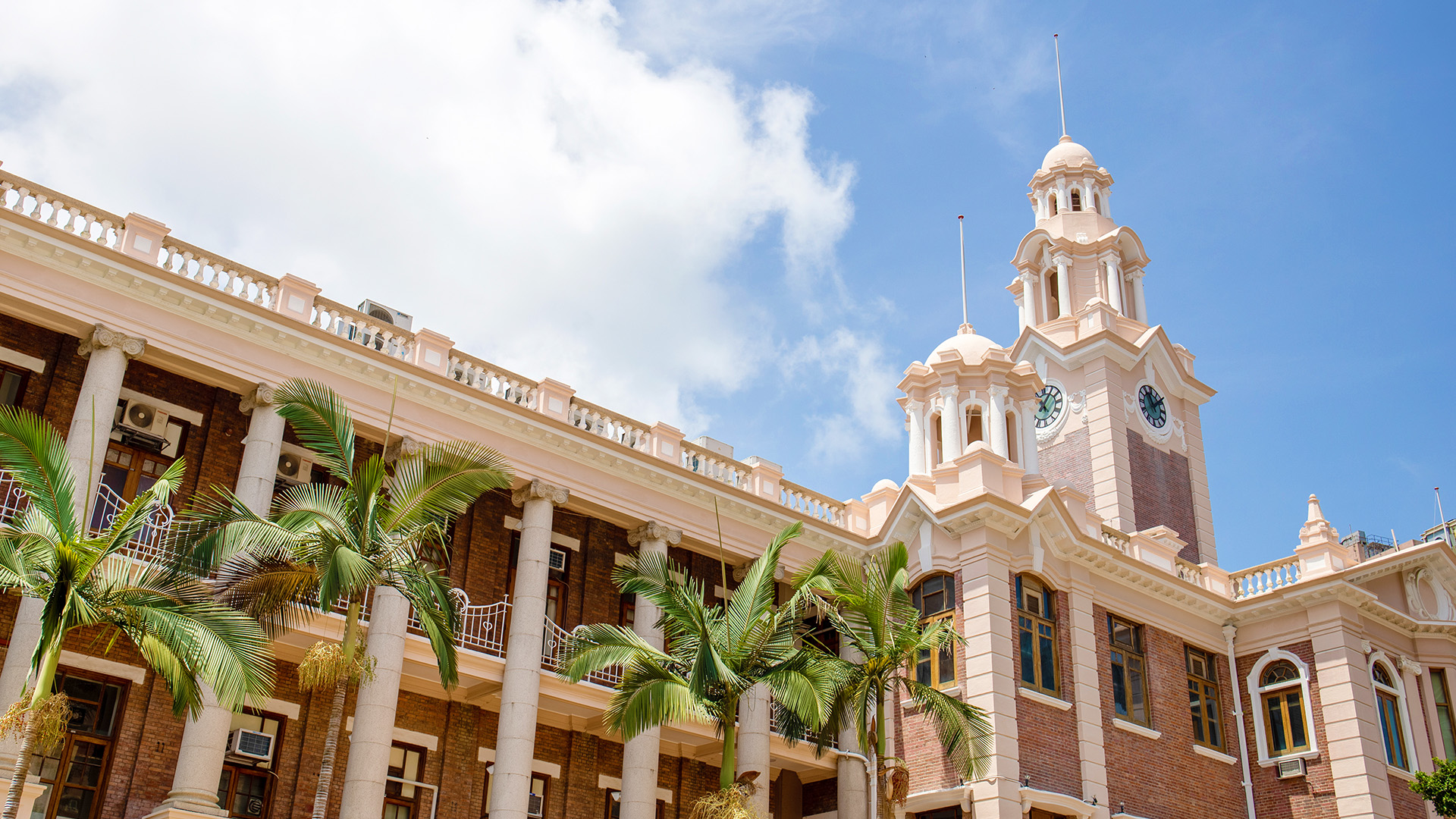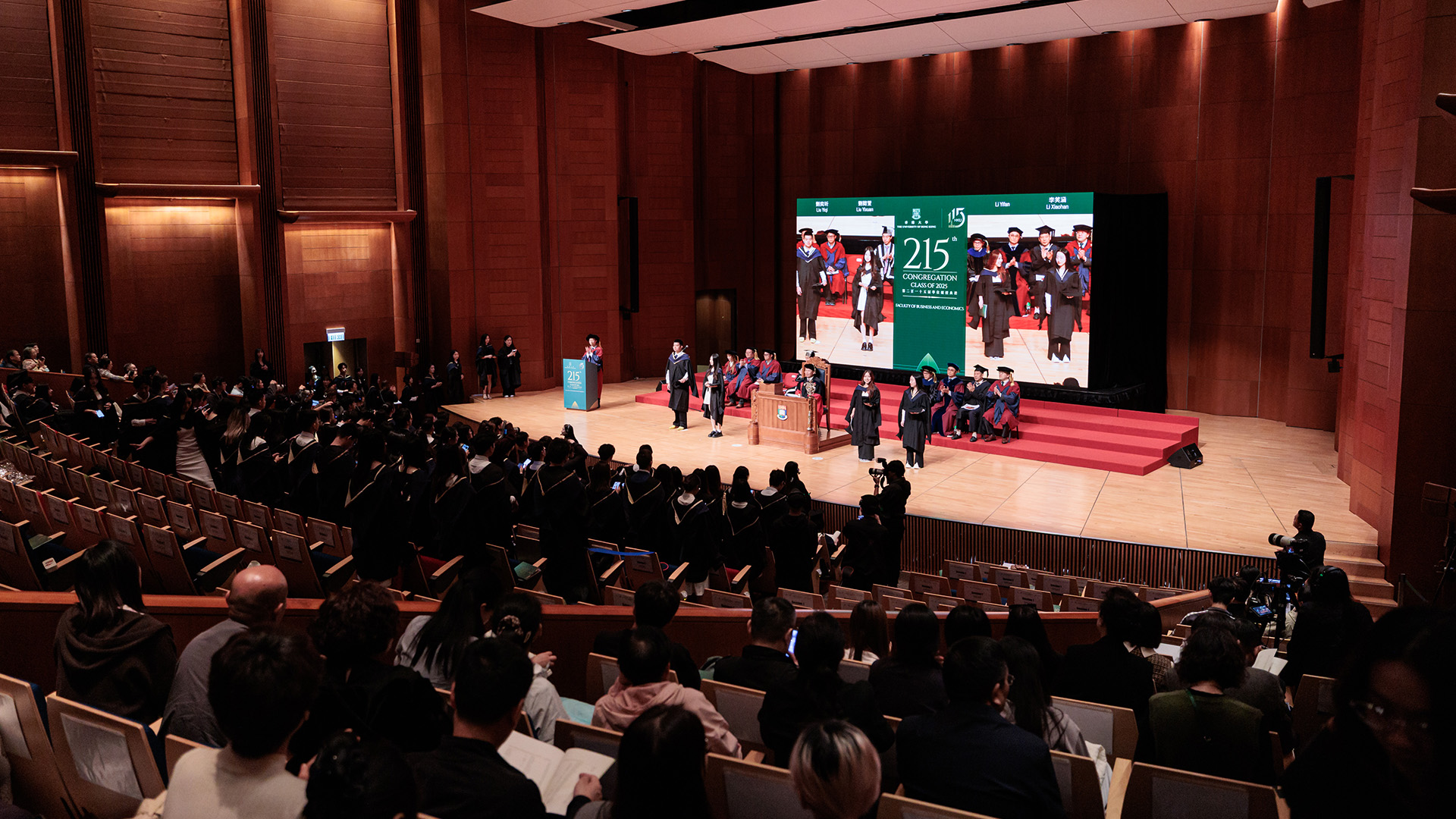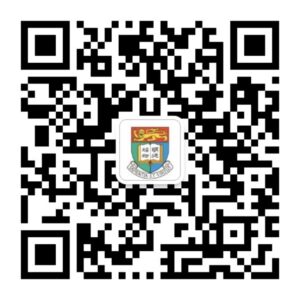Professor Yang Wang is HKU’s new Vice-President and Pro-Vice-Chancellor (Institutional Advancement) (IA), a philomath who brings a distinguished academic record, global outlook, rich administrative experience and a flair for networking to his new role.
An internationally respected scholar, he has wide-ranging research interests, encompassing both pure mathematics and interdisciplinary applications. He holds a PhD from Harvard University and has served at the Georgia Institute of Technology and Michigan State University. Professor Wang joins HKU from the Hong Kong University of Science and Technology (HKUST) where he was Head of the Department of Mathematics, Dean of the School of Science, and Vice-President for Institutional Advancement; he cofounded the university’s Big Data Institute and played a key role in the establishment of its new Guangzhou campus.
After living in the US for over three decades, Professor Wang decided to relocate to Hong Kong for a number of reasons. “My elder sisters and relatives were here in Asia, and I wanted to be closer to them,” he recalls. “It was also a time when many American academics felt that the research centre of gravity was shifting to the East – I certainly did. But the Chinese Mainland’s system is very different from that of the US, so Hong Kong was the place to be.”
Networking is key to institutional advancement, and Professor Wang has a natural affinity for socialising and getting to know people on a personal level. He really is a people person. This was one of the reasons he was selected to lead development and fundraising activities at HKUST, where he launched initiatives for people to talk about their interests and passion projects. “I like people, and actually, I like everything!” he laughs, when asked about the vast, eclectic range of topics he’s learned about. “I’m looking forward to seeing how much further we can take it here at HKU. Because when you bring people together based on the things that are important to them, you’re really acting as a gateway for building mutual respect, engagement and a sense of belonging. That’s so important.”
Originally, he just wanted to build an informal private network with people in the academic community. “I now have over 7,000 of them on my list,” he notes. “They’re usually college professors, entrepreneurs, and some, but not a whole lot, from the government. I typically like to engage with people whom I believe really are more entrepreneurial, they want to do things. I guess it’s innate; that’s just my personality. Therefore, I can’t wait to engage with more stakeholders through the various platforms and activities at HKU, and to maintain close communication with them.”
Professor Wang believes that for fundraising, HKU is already in a strong position, although the context and dynamics are changing. “Actually, for anyone who does development and advancement, HKU is pretty much what we call a paradise,” he observes. “I’m not saying, you know, that we don’t need to work. We do, we have a lot to do. But currently, we have a large alumni base, some of whom are in very important positions, and are very established in business. We have successful alumni at every life stage, including those at the age of giving. And in addition to our faithful, loyal donors, we obviously have to cultivate a new, younger generation. A lot of effort will have to be put in this direction.”
Another important opportunity will be for HKU to secure the position of being the first name that comes to mind for this new set of potential donors. “There is a whole new generation of high-net-worth individuals who are thinking of coming to settle in Hong Kong, particularly from the Mainland,” he says. “So I think in the coming 10 years, the landscape is going to change in Hong Kong for fundraising and resources for the University.” He feels that very few of these potential supporters understand the importance or the concept of donations. “With HKU’s strong reputation and brand, we may be able to reach them first and really instil the mentality of giving in them. If we can capture that space in their thinking, and become top-of-mind for giving, I believe we will benefit from this down the road.”
This is just one of many bold, innovative options for development and fundraising that Professor Wang hopes to realise. “It can be done, but if you’re going to implement a lot of new ideas and activities, you need infrastructure,” he says. “We really have to have a team. And that is the part I have to think about – how to build the right team.”
But for now, as a member of the Senior Management Team, he will start by providing whatever support he can with his experience and networks. “It may involve getting resources to help relevant faculty and students, or connecting them to industry or some key players to assist in development,” he says. “So that’s what I plan to do.”
